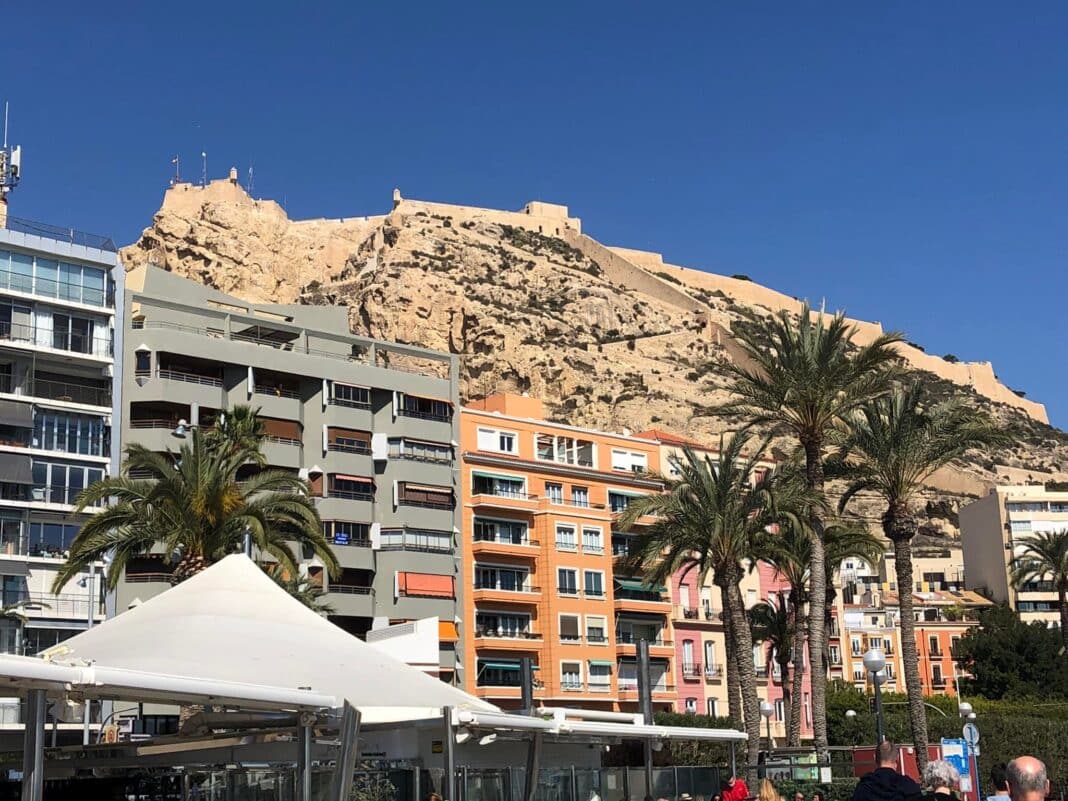Alicante City Council has implemented a two-year moratorium on new licenses for short-term holiday rentals, aiming to address growing concerns over the impact of mass tourism. The move follows a surge in anti-tourism sentiment across Spain, particularly in high-demand areas like the Canary Islands and Balearic Islands, where locals have expressed frustration over rising housing costs driven by the proliferation of holiday rentals.
This decision aligns with similar restrictions in other regions. Barcelona announced in June 2024 that it would prohibit short-term rentals starting in November 2028.
Moratorium Details
The Alicante council vote saw broad support, with only one vote against the measure and two abstentions. Rocío Gómez, the city’s Urban Planning Councillor, explained that the moratorium would provide an opportunity to review and refine regulations governing holiday rentals.
Gómez emphasized the importance of ensuring compliance, stating, “We aim to purify all those homes that do not comply with the regulations.” She also plans to conduct neighbourhood-specific studies to determine suitable limits on holiday rentals and establish a public registration system for compliant properties, promoting a competitive and high-quality rental market.
A recent council report revealed there are 4,108 tourist rental properties in Alicante—2.31% of the city’s housing stock—of which 3,292 operate without proper licensing. Gómez stressed that the primary goal is to prioritize the well-being of residents while considering Alicante’s status as a tourist destination.
Political Reactions
The measure has sparked debate among political representatives. Carmen Robledillo of the Vox party called for stricter enforcement, including increased inspections and penalties for illegal rentals. She criticized policies that she believes have reduced the availability of long-term residential housing.
Meanwhile, Rafa Mas of the left-wing Compromís party, who abstained from the vote, warned against unchecked speculation, saying, “Our neighbourhoods are being occupied, and speculators are driving up housing costs.”
In contrast, Manolo Copé from the EU-Podem party, the sole dissenter, criticized the moratorium as ineffective, arguing that it would ultimately legitimize many currently illegal properties.
Broader Implications
This move reflects a broader trend in Spain, as municipalities grapple with balancing tourism-driven economic benefits and the needs of local communities. While the moratorium aims to stabilize housing markets and address resident concerns, it also highlights the complexities of regulating tourism in one of the world’s most visited countries.
The temporary ban marks a critical step toward a more sustainable tourism model, though its success will likely depend on effective implementation and enforcement of new regulations in the coming years.







